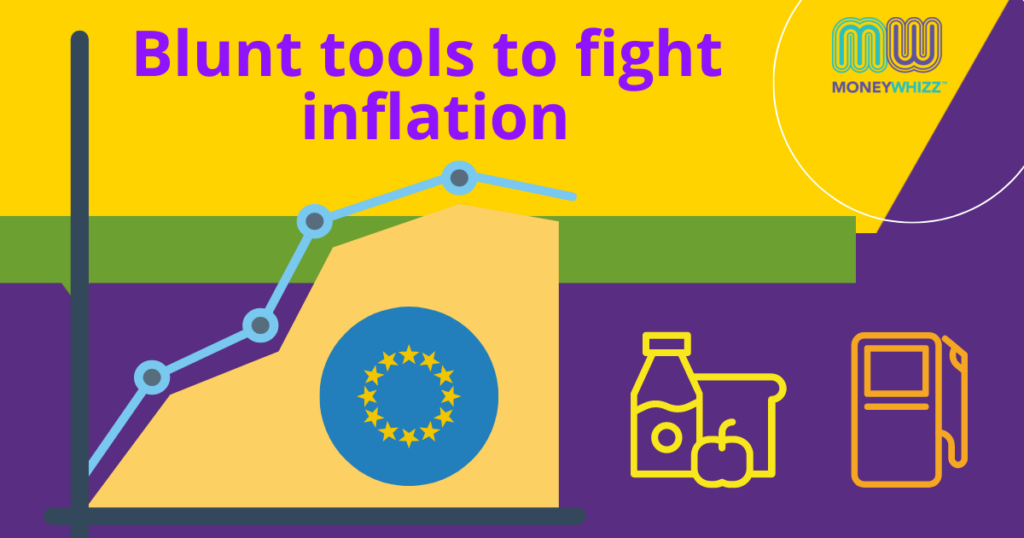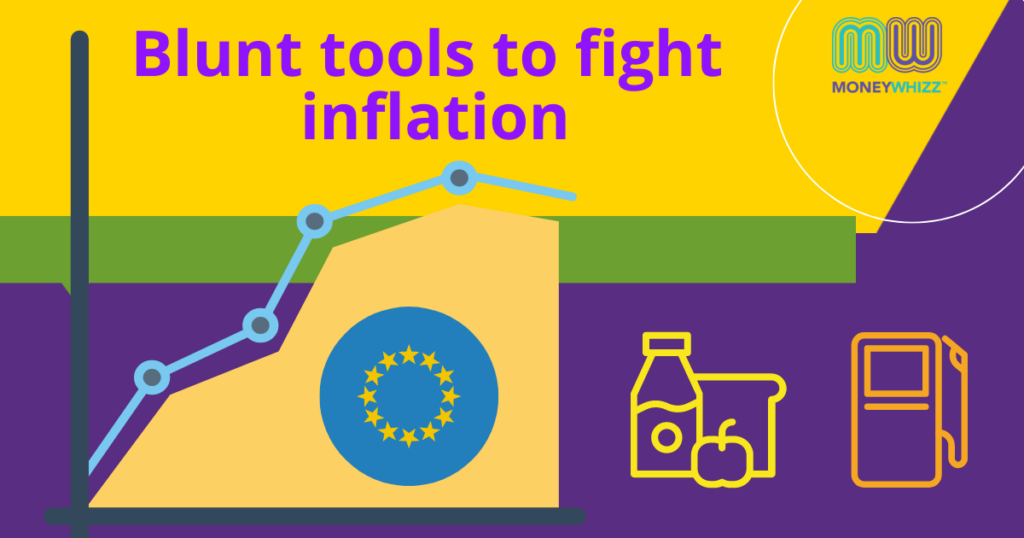
Across Ireland today, personal savings are more likely to drive inflation than too much money being lent out. For example, despite a surging population, mortgage lending in Ireland remains stagnant. It has been for 6 years or more.
Ireland has always been a nation of savers, not investors. This is due to a variety of factors:
- Access to investment product
- Understanding of investment markets (financial literacy)
- Tax
Access to market – traditionally, access to buying and selling a whole range of investments, including equities, has been highly restrictive. Gladly, thanks to the EU, this has begun to change with more options available in Ireland now.
Understanding – unfortunately, Ireland still has some issues with financial literacy. This includes compound interest and taxation, which are really important when it comes to beating the impact of inflation. Luckily, a lot of leading employers are stepping up to the mark with a mix of financial wellbeing and financial literacy initiatives to support their employees. MoneyWhizz plays a leading role in this.
Taxation – when it comes to investments such as Exchange Traded Funds (ETFs), the tax on capital gains is a whopping 41%. To make matters worse, the ‘imputed withdrawal’ rule means that even if the investor does not sell, they are taxed every 8 years on the gains. Here is how that works:
John invests €10,000 in an ETF
Investment grows 7% each year
Investment is for 10 years (no imputed withdrawal in Year 8)
Year Invested Growth Total
Year 1 €10,000 €700 €10,700
Year 2 €10,700 €749 €11,449
Year 3 €11,449 €801 €12,250
Year 4 €12,250 €858 €13,107
Year 5 €13,107 €918 €14,026
Year 6 €14,026 €982 €15,008
Year 7 €15,008 €1,051 €16,058
Year 8 €16,058 €1,124 €17,182
Year 9 €17,182 €1,203 €18,384
Year 10 €18,384 €1,286 €19,671
However, because the State has a ‘deemed disposal’ rule in Year 8, accumulated growth, less €1,270 is taxed at 41% and deducted from the fund, so on that basis, here is what happens:
Imputed withdrawal applied in Year 8.
Year 6 €14,026 €982 €15,008
Year 7 €15,008 €1,051 €16,058
Year 8 €16,058 €1,124 €17,182 less €2,423.92* = €14,758
Year 9 €14,758 €1.033 €15,791
Year 10 €15,791 €1,105 €16,896
- Tax calculations as follows. €17,182 accumulated growth Y1 – Y8 less €10,000 initial investment = €7,182 less €1,270 CGT allowance @ 41% = €2,423.92.
In this case, not only does the investor lose out on the amount of tax taken, in subsequent years, investment growth is also curtailed due to the capital reduction. It’s a double hit to the investor. In Year 16, the State will return to tax any growth accumulated since Year 9 and the entire process starts all over.
This is one of many reasons people leave savings on deposit rather than invest. It’s little wonder most people just scratch their heads and leave their cash on deposit, where they either spend it to drive inflation, or lose value to inflation.
What the State can do:
First, it needs to reform how it taxes investment funds, including ETFs. Make it simpler and fairer. No imputed withdrawals and the same rate of tax as other investments.
Second, it needs to reward those that save. The top rate paid on the State Savings pales in comparison to similar products available in other countries.
Let’s make saving and investing rewarding again!


Comments are closed.